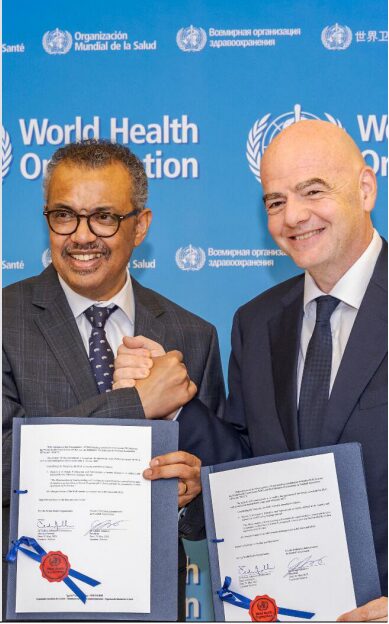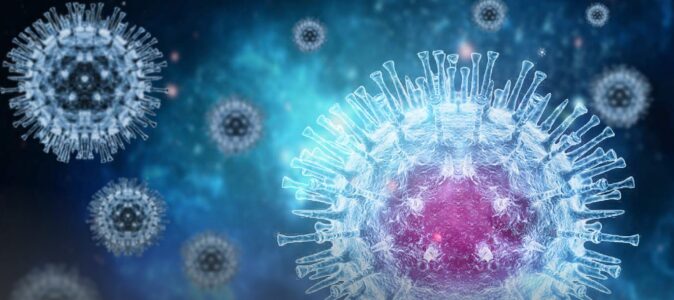
vellum health
Latest Article 18 Oct 2024
Kenya Records First Mpox Death As New Cases Hit 13
Kenya has recorded its first mpox death, Public Health and Professional Standards Principal Secretary Mary Muthoni has confirmed. Speaking to Nation on Monday, Ms Muthoni revealed the confirmed cases. Nakuru (13) Kajiado (2) Bungoma (2) Taita Taveta (1) Busia (1) Nairobi (1) Mombasa (1) Makueni (1) Kericho (1) Kilifi (1) Ms Muthoni said that, as […]...
Read MoreMore on vellum health
Vellum Health: Brazil eliminates lymphatic filariasis as a public health problem
The World Health Organisation (WHO) congratulated Brazil for having eliminated lymphatic filariasis as a public health problem. “Eliminating a disease is a momentous accomplishment that takes...
Vellum Health: WHO kicks off $1.5 billion financing platform
Execution is starting under the new Health Impact Investment Platform on the first country health investment plans turning original commitment into operational reality. The landmark partnership betwee...
FIFA and WHO Launch Global Concussion Awareness Campaign
The Federation Internationale de Football Association (FIFA) is launching Suspect and Protect: No Match is Worth the Risk, a concussion awareness campaign, in partnership with the World Health Organis...
Africa CDC confident it can raise $600 million for mpox response
The Africa Centres for Disease Control and Prevention (Africa CDC) can raise $600 million to fight the surging mpox outbreak on the continent, the agency’s head said on Thursday. “If you w...
WHO launches global framework for understanding the origins of new or re-emerging pathogens
With the support of the Scientific Advisory Group for the Origins of Novel Pathogens (SAGO), the World Health Organisation (WHO) has published a global framework to help Member States comprehensively ...
WHO urges rapid access to mpox diagnostic tests, invites manufacturers to emergency review
The World Health Organisation (WHO) has asked manufacturers of mpox in vitro diagnostics (IVDs) to submit an expression of interest for Emergency Use Listing (EUL). WHO has been in ongoing discussions...
First meeting of the International Health Regulations (2005) Emergency Committee regarding the upsurge of mpox 2024
The Director-General of the World Health Organization (WHO), having concurred with the advice offered by the International Health Regulations (2005) (IHR or Regulations) Emergency Committee regarding ...
WHO Director-General declares mpox outbreak a public health emergency of international concern
The World Health Organisation (WHO) Director-General Dr. Tedros Adhanom Ghebreyesus has determined that the upsurge of mpox in the Democratic Republic of the Congo (DRC) and a growing number of countr...
Africa CDC likely to declare mpox public health emergency next week
Africa’s public health agency is set to declare an mpox emergency as early as next week, saying the viral infection’s rate of spread is alarming, as a new variant moves across Democratic R...
CEPI and WHO Urge Broader Research Strategy for Countries to Prepare for the Next Pandemic
The Coalition for Epidemic Preparedness Innovations (CEPI) and the World Health Organisation (WHO) have called on researchers and governments to strengthen and accelerate global research to pre...
WHO Issues Warning on Falsified Medicines Used for Diabetes Treatment and Weight Loss
The World Health Organisation (WHO) issued a medical product alert on falsified semaglutides, the type of medicines that are used for treatment of Type 2 diabetes and obesity in some countries....
© 2024 Vellum. All Rights Reserved.





